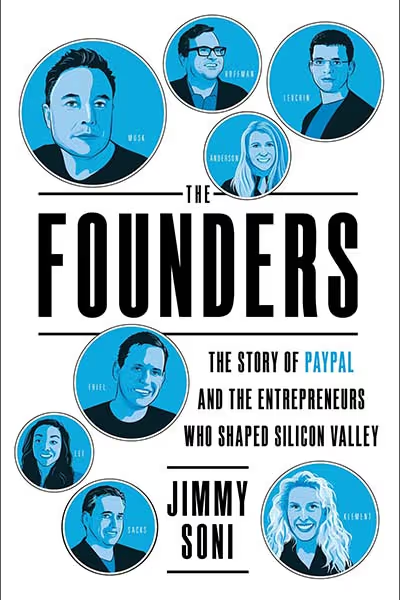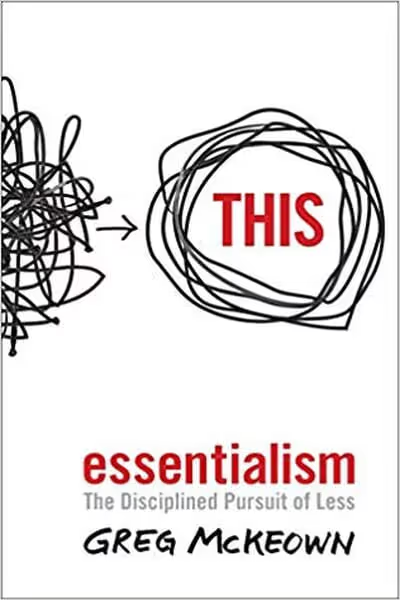Stalin
The most authoritative and engrossing biography of the notorious dictator ever written.
Josef Stalin exercised supreme power in the Soviet Union from 1929 until his death in 1953. During that quarter-century, by Oleg Khlevniuk’s estimate, he caused the imprisonment and execution of no fewer than a million Soviet citizens per year. Millions more were victims of famine directly resulting from Stalin's policies. What drove him toward such ruthlessness? This essential biography, by the author most deeply familiar with the vast archives of the Soviet era, offers an unprecedented, fine-grained portrait of Stalin the man and dictator. Without mythologizing Stalin as either benevolent or an evil genius, Khlevniuk resolves numerous controversies about specific events in the dictator’s life while assembling many hundreds of previously unknown letters, memos, reports, and diaries into a comprehensive, compelling narrative of a life that altered the course of world history.
In brief, revealing prologues to each chapter, Khlevniuk takes his reader into Stalin’s favorite dacha, where the innermost circle of Soviet leadership gathered as their vozhd lay dying. Chronological chapters then illuminate major themes: Stalin’s childhood, his involvement in the Revolution and the early Bolshevik government under Lenin, his assumption of undivided power and mandate for industrialization and collectivization, the Terror, World War II, and the postwar period. At the book’s conclusion, the author presents a cogent warning against nostalgia for the Stalinist era.
At the end of his life, Stalin was at the pinnacle of his power. His authority was unassailable and not under threat from any source. But he did not feel that way. Like other dictators, he never stopped fighting for power and never quite trusted his subjects. The methods he used in his never-ending battle for power were universal and simple. They included the elimination of any potential threat from within his inner circle, unrelenting oversight of the secret police, the encouragement of competition and mutual control among the various components of government, and the mobilization of society against perceived enemies both internal and external.






















































